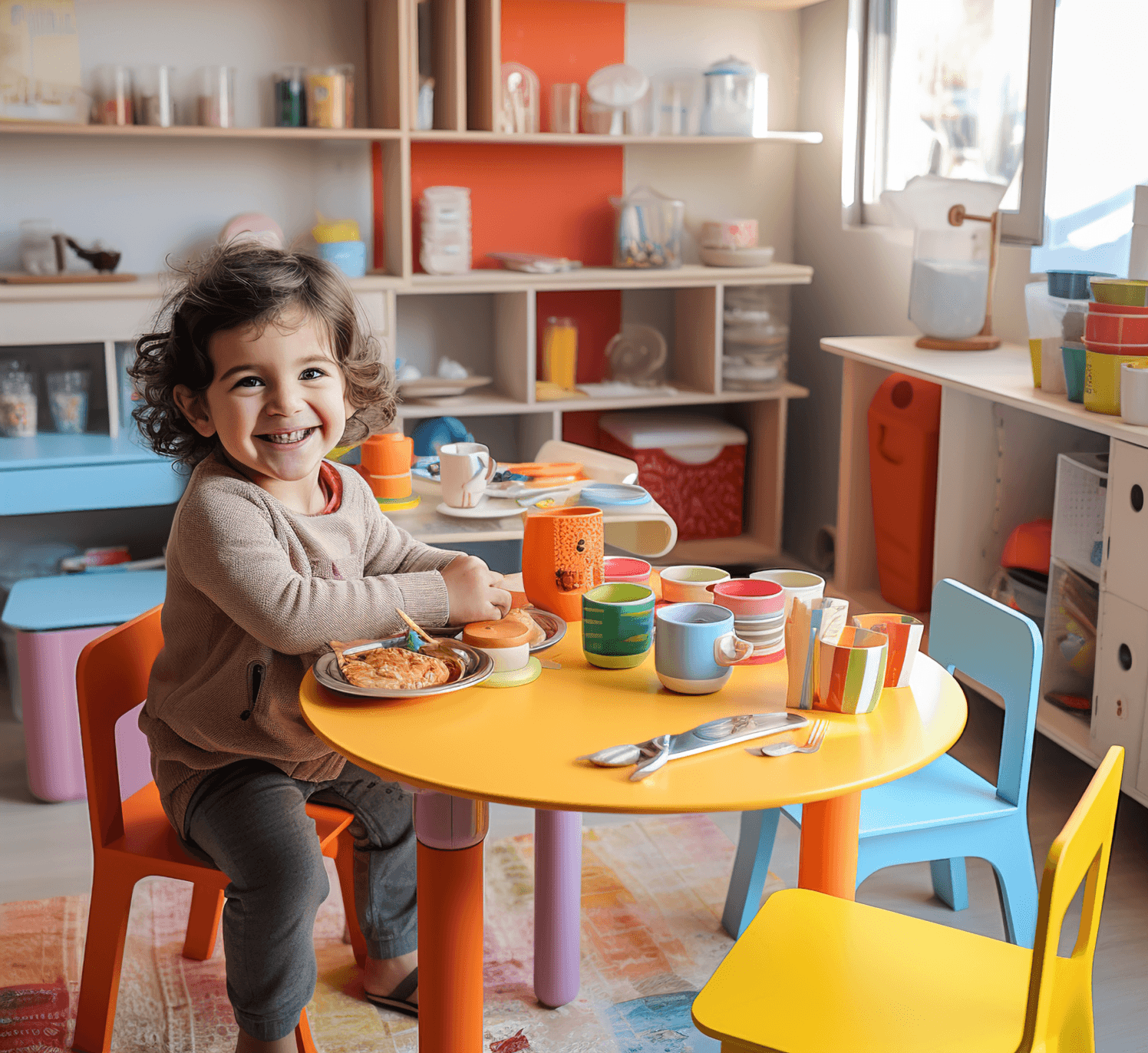Why the First Five Years Matter: Inspired Minds’ Approach to Play-Based Learning
Chantel Yetendje - Centre Director
At Inspired Minds, we understand that the first five years of a child’s life are absolutely critical. It’s a time of extraordinary growth—both physically and cognitively. Research shows that by age five, a child’s brain has developed up to 90% of its adult size, forming the foundation for lifelong learning, health, and wellbeing.
As educators and carers, we play a vital role in shaping those early years. That’s why our philosophy at Inspired Minds is built on the understanding that a child’s most important learning happens in the first five years. We are committed to fostering an environment where children thrive through play-based learning, guided by their interests and supported by a thoughtfully designed learning environment.
Play-Based Learning: Following the Child’s Lead
Children are naturally curious, and at Inspired Minds, we believe that learning is most meaningful when it’s led by the child’s interests. Our educators intentionally plan and extend on these interests through hands-on, real-world learning experiences that promote creativity, problem-solving, and resilience.
This approach is supported by the Early Years Learning Framework (EYLF), Australia’s national framework for early childhood education. The EYLF emphasises the principles of Belonging, Being and Becoming, and outlines five key learning outcomes that guide our curriculum:
Children have a strong sense of identity
Children are connected with and contribute to their world
Children have a strong sense of wellbeing
Children are confident and involved learners
Children are effective communicators
Learn more about the EYLF on the ACECQA website
The Environment as the Third Teacher
In line with the Reggio Emilia philosophy, we view the environment as the “third teacher”, alongside educators and families. Our learning spaces are intentionally arranged to invite exploration, experimentation, and discovery.
We continually work to evolve our indoor and outdoor environments to reflect children’s learning, respect their voices, and provide a sense of wonder. From natural materials to quiet nooks for reflection, every aspect of our space is designed to nurture the learning journey.
The wider the range of possibilities we offer children, the more intense will be their motivations and the richer their experiences.
Loris Malaguzzi
Why Play Matters
Play is not just fun—it is essential. Decades of research confirm that play is the most effective way for young children to learn. Through play, children:
Make sense of the world around them
Develop social and emotional skills by negotiating roles, taking turns, and resolving conflict
Practice language and communication through storytelling, role play, and interaction
Strengthen their motor skills through physical play and fine motor tasks
Build cognitive abilities like memory, attention, and flexible thinking
Foster a sense of agency, autonomy, and confidence
In fact, the National Quality Standard (NQS)—which underpins quality education and care in Australia— places strong emphasis on play-based learning in its first quality area: Educational Program and Practice.
“Learning through play is the foundation for children’s cognitive, physical, social and emotional development.” — Australian Children’s Education and Care Quality Authority (ACECQA)
You can explore more about the NQS on the ACECQA website.
Acknowledging and celebrating small successes can boost a child’s self-esteem and encourage positive behaviour. Whether it’s sharing toys or expressing their feelings in a healthy way, make sure to offer praise for their efforts.
How We Support Play-Based Learning at Inspired Minds
At Inspired Minds, our educators take an intentional approach to play. They:
Observe and document children's interests and developmental milestones
Design open-ended learning experiences that support exploration
Provide provocations—materials or setups that spark creativity and critical thinking
Scaffold children’s thinking by asking open-ended questions and extending conversations
Encourage collaborative play that promotes relationships and empathy
Create flexible routines that give children time and space to engage deeply in play
We believe that every moment has potential for learning—whether it’s a group project, outdoor adventure, or a quiet moment in the reading corner. Our role is not to direct children, but to empower and guide them on their unique learning journeys.



